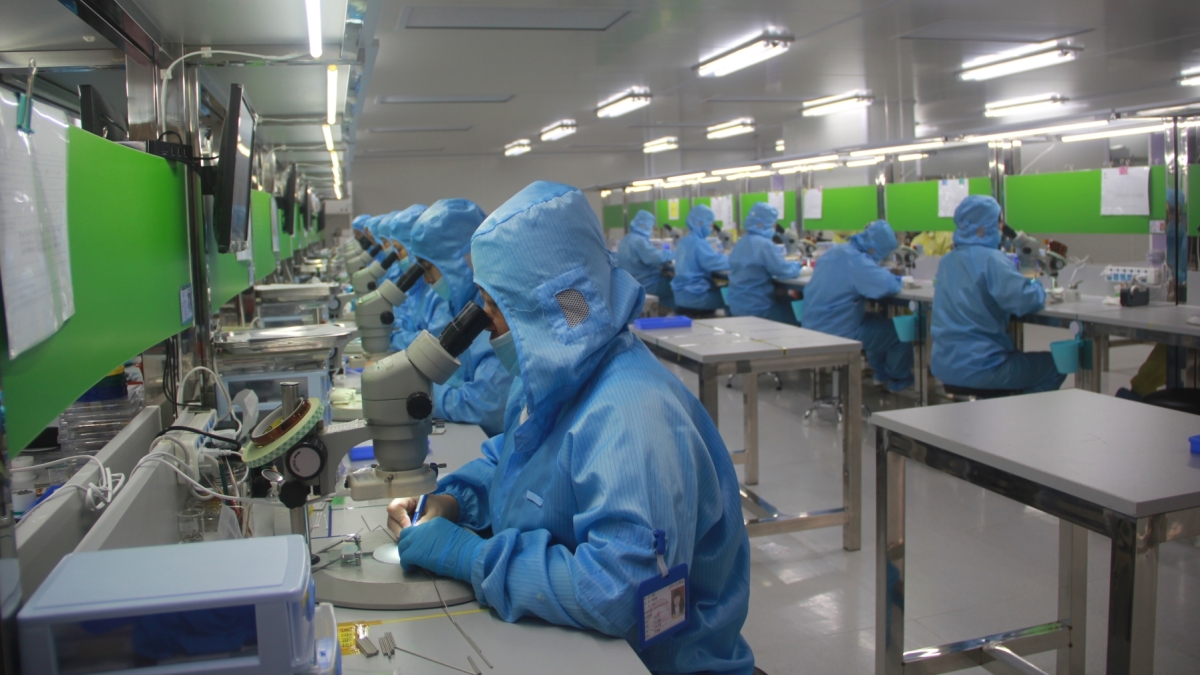 Photo by Glsun Mall / Unsplash
Photo by Glsun Mall / Unsplash
Chinese CEOs more optimistic than global peers despite manufacturing disruption
Climate risks can pose a great threat to China’s supply chains, PwC said.
Chinese CEOs are more optimistic about their country's economic future than their global peers, despite continued disruption to manufacturing activities, according to PwC's 26th Annual Global CEO Survey China Report.
The report shows that 48% of Mainland Chinese CEOs are highly confident about their companies' revenue growth in the coming year, with geopolitical conflicts and inflation cited as top risks.
However, 67% of Chinese CEOs believe their business will no longer be economically viable within a decade.
The report indicates that concerns about global economic growth in the next 12 months hit an all-time high, with the level of pessimism rising by 58 percentage points to 73%.
Although respondents in Mainland China are far more upbeat than their global peers, their optimism about the global economy still declined to a six-year low.
China remained the world’s second most important external market, whilst Australia was the most important market for Mainland Chinese CEOs' revenue growth in the next 12 months.
Inflation has started to spur debates in the boardroom and is set to rise further in the first quarter of 2023, due to the release of cautionary savings and pent-up demand following country-wide economic reopening.
Climate change risks also have a tangible impact on business operations, with Chinese CEOs being more proactive than their global counterparts in terms of introducing climate-friendly products or processes.
In 2022, the added value of Mainland China’s secondary sector grew by 3.8% year-on-year. As a manufacturing hub, Mainland Chinese organisations are heavily reliant on supply chains. For natural raw materials, climate risks can pose an even greater threat. Mainland Chinese CEOs anticipate a larger impact from climate risks in this area.















